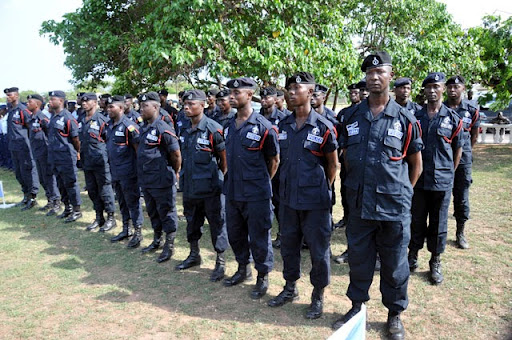Nearly half of Ghanaians who took part in the second wave of the Ghana Election Poll believe that with the direction of the country, life for Ghanaians in the future would be worse.
49% of the weighted sample of 2,055 share in that belief while over a third of Ghanaian adults (33%) think that life for future generations of Ghanaians would be better considering the direction of the country. 11% of Ghanaian adults feel life for future generations of Ghanaians would be about the same, whilst the rest were not sure.
This forms part of the results of the second wave of the Ghana Election Poll which ran online from July 1 to August 1, 2020, via the renowned market research firm MSI-ACI.
Nearly half of males and females (49% and 48%, respectively) who took part in the poll equally agree that life for future generations of Ghanaians would be worse considering the direction of the country. However, over a third (34%) each of both males and females, respectively, believe that life for future generations of Ghanaians would be better considering the direction of the country.


Young people believe that life for future generations of Ghanaians would be better but this positive outlook dims with age as nearly a third (28%) of 15 to 19-year-olds would be better, whilst 20 to 24 years believe that life for future generations of Ghanaians would be about the same. Again, the outlook of the future appears to reduce with age.

With regard to party affiliation, 61% of Ghanaian adults with no political affiliation are of the opinion that life would be worse as compared to 33% NDC affiliated Ghanaians and 4% NPP affiliated Ghanaians.
For those who are of the opinion that life would be about the same, 65% were not affiliated to any party and 23% were affiliated to NDC while 11% were affiliated to the NPP. For those who believe that life would be better, 43% were not affiliated to any political party and 48% were affiliated to the NPP while 5% were affiliated to the NDC.

Across the regions, the respondents appear to believe that life for future generations of Ghanaians would be better. However, there is equally a strong belief that life for future generations of Ghanaians would be worse considering the direction of the country.

The second wave of the scientific poll had a three-fold increase in participants as compared to the first wave which recorded 792 responses. Over 90 percent of the respondents were living in Ghana and the rest were living in countries including South Africa, Ethiopia, Botswana and Egypt.
Results for the full sample have a margin of sampling error (with finite population correction) of plus or minus 2.162%. A representative sample of the Ghanaian population of 28,956,587 – population projection as stated on page 6 of the Ghana Living Standards Survey (GLSS 7) – was achieved by weighting (matching) the data according to age and gender demographics of the 2010 population and housing census and the GLSS 7.
The Ghana Election Poll is powered by GhanaWeb and the Africa Consumer Panel which is a cooperation between the digital publisher Africa Business Communities and renowned market research firm MSI-ACI.
The online poll is conducted every month and the results are published at the beginning of every other month on GhanaWeb.com. It is devoid of spam as the respondents can take the survey only once. The MSI-ACI platform that hosts the survey records the device on which the respondent takes the poll and does not allow for a second attempt from the same device.
The Ghana Election Poll is different from the open-access poll which is running on GhanaWeb. The latter allows participants to self-select into participation and its results cannot be generalized because it is a representative of only the participants of the poll.
Click here to take part in the third wave of the Ghana Election Poll.
Source: ghanaweb.com




















